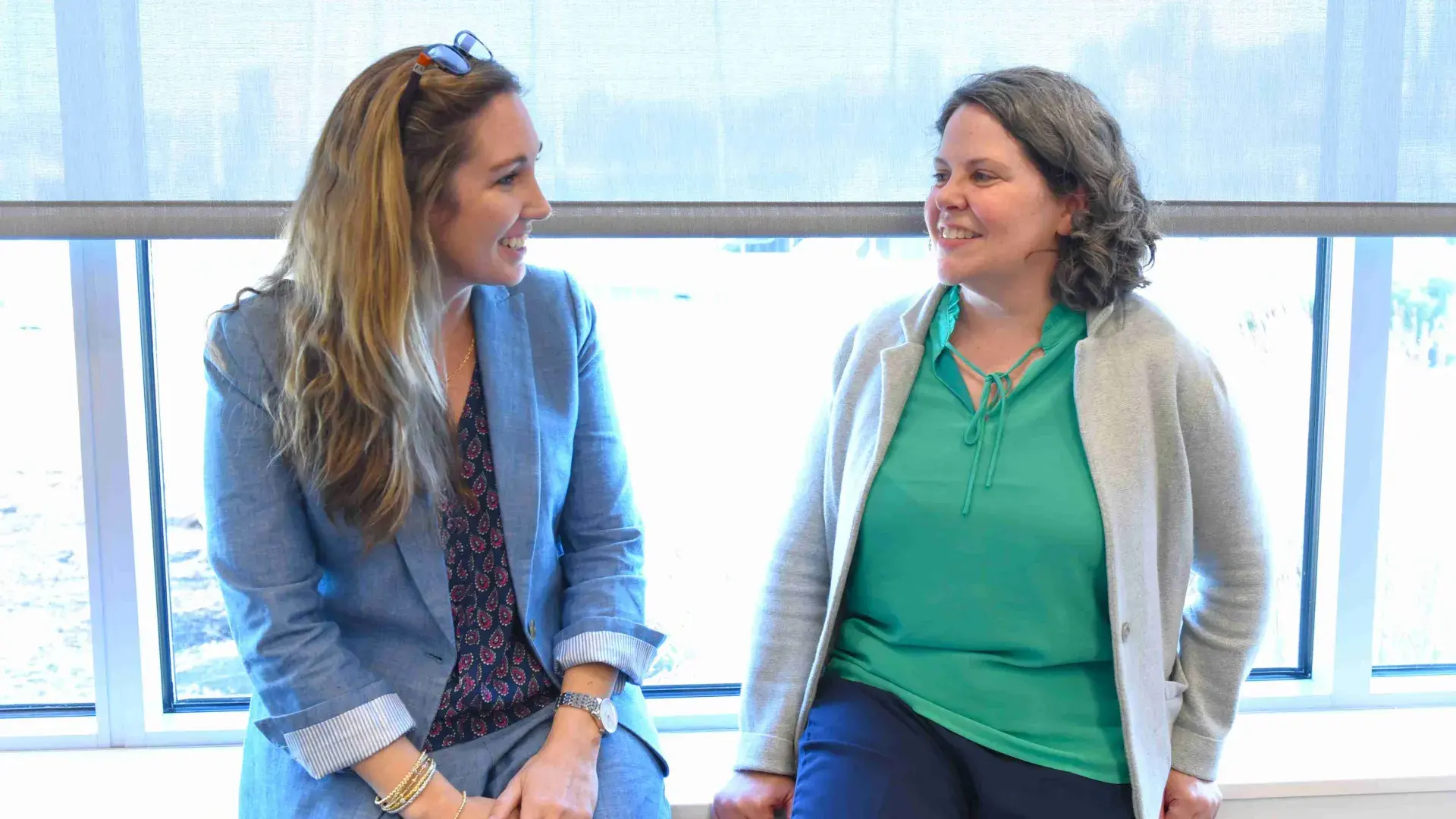
Dr. B.A. White of the Health Professions Education program says topic is more relevant than ever today for healthcare professionals to become more effective leaders
When students in the MGH Institute sign up for a class on emotional intelligence, they’re being taught by a faculty member who is a leading authority in the field.
Dr. B.A. White, an associate professor in the Department of Health Professions Education, is co-author of a new textbook, Leading Self and Others with Emotional Intelligence, that takes a deep dive into being aware of how one’s emotions impact their behaviors which can translate into successfully leading teams, collaborating with others, mentoring colleagues, and managing stress on different levels.
The book, published by Kendall Hunt, is an updated version of Cultivating Leadership in Medicine, the 2002 book White co-authored with Joann Farrell Quinn. Quinn, along with Erin Barry, co-authored the new book.
“We published Cultivating Leadership in Medicine before people were really embracing the idea of emotional intelligence, so we didn’t put it in the title and instead made it all about leadership,” White said, noting that it was geared for colleagues who taught at a medical school at the University of Florida. “What we quickly realized was that people were starting to say, ‘We need books on emotional intelligence’ and we said, ‘We have one but it doesn't say it in the title.’ We had chapters that didn’t necessarily coincide with EI. In Leading Self and Others with Emotional Intelligence, it’s all about leading with emotional intelligence and it’s also applicable to all populations.”
The book, which delves into the four domains of EI - self-awareness, self-management, social awareness, and relationship management – includes faculty experts such as Dr. Richard Boyatzis from Case Western University, Dr. Neil Grunberg from the Uniformed Services University, and Dr. Deirdre P. Dixon from the University of Tampa, among others.
“Especially in the health professions, we’ve got the clinical education component down pat. It’s the ‘people’ side of it that still needs some work. So, we looked to the literature that shows emotionally intelligent leaders can reduce burnout, reduce turnover, can have better morale within their teams. It’s a way to strengthen relationships and social skills elevating the clinical experience.”
She noted that unlike when she was teaching medical students who resisted EI, it’s a different story at the MGH Institute, where she’s been teaching healthcare practitioners – including physicians – since 2019.
“Undergraduate clinical students have to learn so many facts that when you talk to them about conflict management, leadership, and building relationships, they just don’t have the capacity to absorb it or feel they have the time for it,” White said. “But the health professionals I’m teaching at the IHP are eating this up, they’re so glad to have a way to methodically dissect conflict so it can be resolved. This is why I love teaching at the IHP because I’m working with people who understand these skills are necessary.”
Jenn Mackey, the director of clinical education in the Institute’s Department of Communication Sciences and Disorders, took White’s course as an elective while studying in the school’s Doctor of Speech-Language Pathology program.
“My focus in the program was on leadership and I wanted to learn more about that, so BA’s course was a perfect match for that, especially as I’m already in a leadership role,” Mackey said. “Some of the scenarios were really interesting since it was outside of my role as a speech-language pathologist but there are things I can apply to my job.”
For White, incorporating the book’s topics with her class has been invaluable because she noted it’s not until people dive into EI that they realize understanding it isn’t enough; they must apply it.
“I’ve had many students tell me ‘I’ve grown so much and I’m so glad that I’ve been able to use these concepts’,” she said. “That’s the best. That’s my favorite part.”
Do you have a story the Office of Strategic Communications should know about? If so, let us know.
